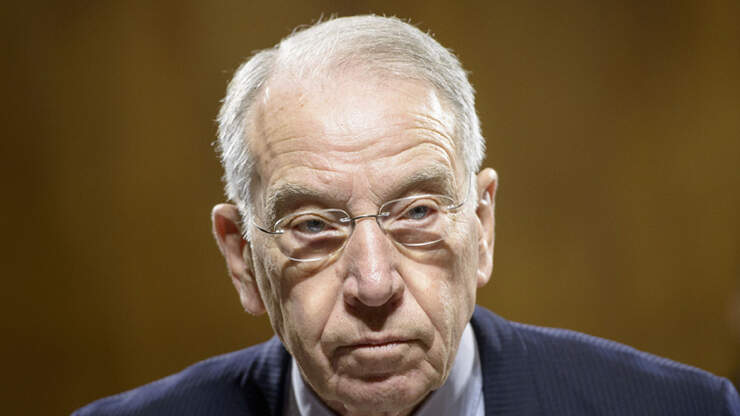Ever wonder why some people insist they are telling the truth when they are blatantly lying? Well, some recent studies might offer a hint as to why.
A study by Brandeis University researchers Laura E. Paige, Eric C. Fields, and Angela Gutchess was published in the journal Brain and Cognition.
The findings indicated that older persons were more likely to believe the falsehood than the younger group.
Because memory is pliable, misleading memories may occasionally arise. Research on false memories, or recalling things that never happened or happened in a different way than they actually did, has mostly focused on how environmental information and social interactions might affect how one remembers things.
The misinformation effect, or changes to memory as a result of exposure to false information from sources, is one technique to elicit false memories. False memories can emerge in a variety of ways. Misinformation affects memory because it might complete gaps in individual memories.
According to the authors’ citations of numerous studies, “suppressing information via cognitive control in a potentially stressful scenario, such as while lying, can directly alter memory processes.”
According to the researchers, “Exposure to false information elicits false memories. It’s probable that lying or self-providing false information have similar outcomes. Unexpectedly, the findings showed that, in comparison to younger individuals, older adults had less accurate recollection for items about which they had previously lied.”
Electroencephalography (EEG) was utilized by the researchers to track the brain activity of younger and older persons as they provided honest and deceptive answers to questionnaires.
In the study, those who were 60 to 92 years old were substantially more likely than those who were 18 to 24 years old to accept a falsehood they had told less than an hour before as the truth.
According to the lead author, Laura Paige, “Older folks have more difficulty differentiating between what’s real and not real.”
According to Paige’s research, older people’s memories become confused when they are told a lie, making it more difficult for them to recall the truth and, in turn, lending more weight to the lie.
When someone lies, it will change whether or not they recall doing anything, according to Paige.
42 participants in the study—roughly half elders and half millennials—were given a form that asked them 102 questions about their activities the day before. They had to answer inquiries on the form, like “Did you press snooze on your alarm clock?” and “Did you eat lunch with a fork?”
The researchers instructed the volunteers to lie about half of the questions, which were picked at random.
The same questionnaire was returned by the respondents 45 minutes later. This time, researchers instructed them to provide accurate responses to every question.
Did the self-deception stick? was the main question under investigation. Did the participants remember lying when they did it the first time, or did they now believe the lie to be the truth?
Additionally, the EEG results showed that lying activated the working memory-related brain functions. This conclusion, in Paige’s opinion, indicates that a falsehood may become ingrained in memory and appear to be the same as the truth.
Lying, she claims, “changes memory.” It fabricates a new recollection of an unrealized event.
I personally wonder if there’s a connection to widespread belief of the 2020 election being “stolen” of Republican members of American Congress, the age of whom are 60 and for the Senate 62?

